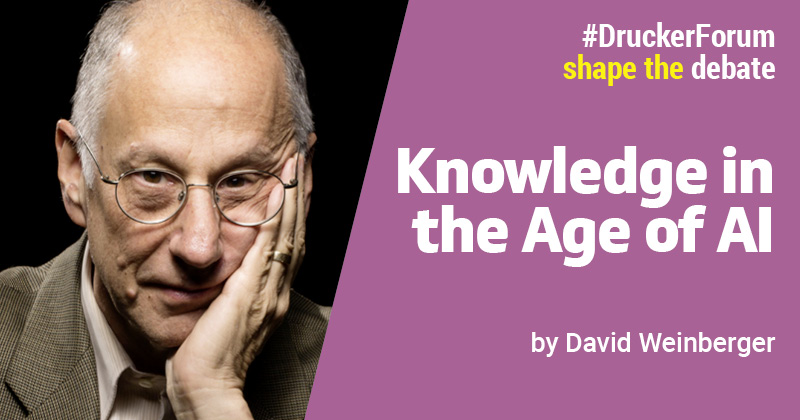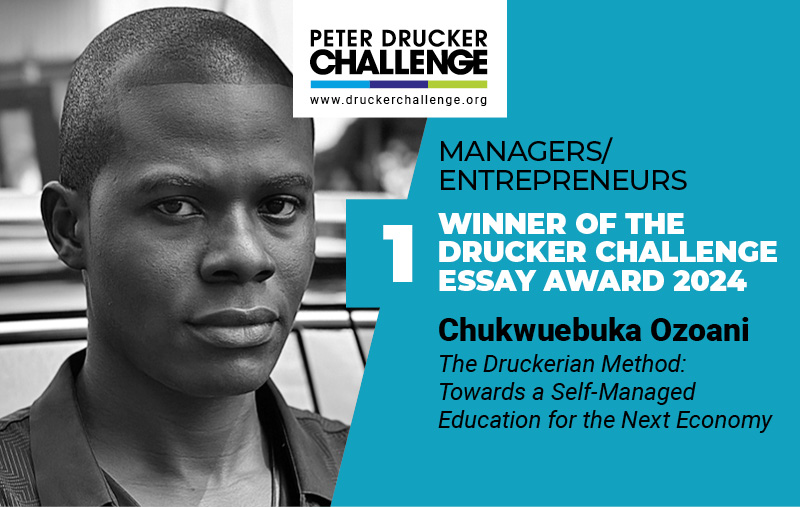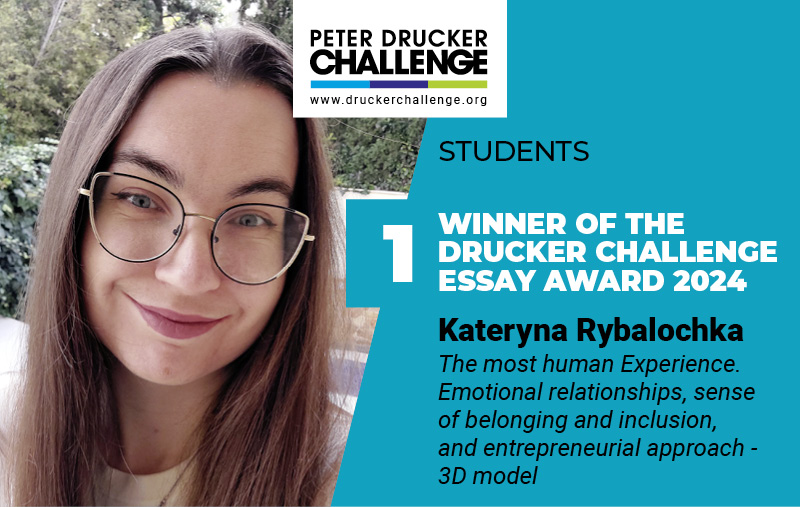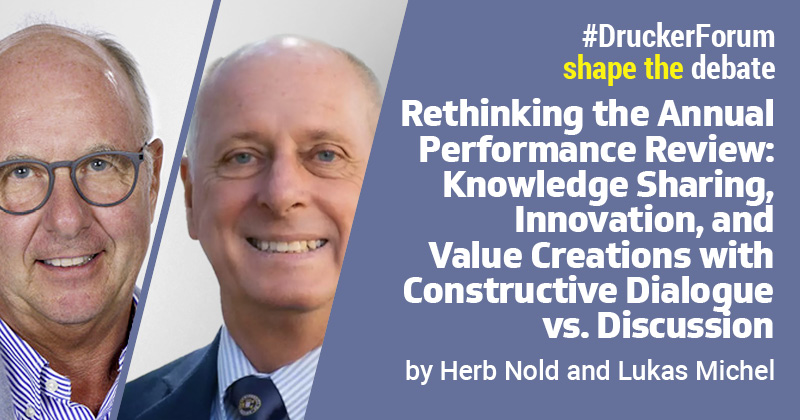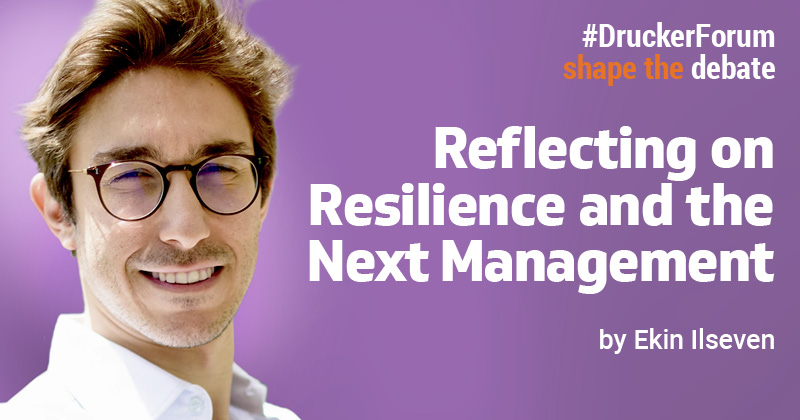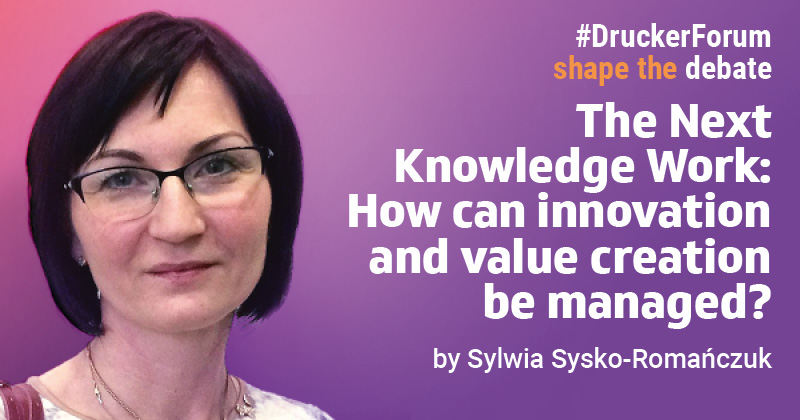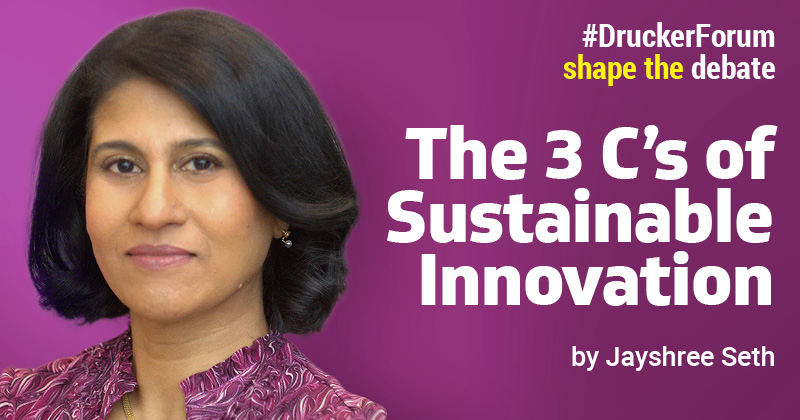2,400 years ago, Socrates argued that the “justified true belief” (JTB) theory of knowledge that is still popular today was not adequate. He agreed that knowledge was a type of belief, and that it had to be a true belief if it were to count as knowledge. But if you’re just guessing and your guess happens to be correct, that can’t count as knowledge. Rather, you have to have a good set of reasons — a justification — for that belief. […]
Continue reading